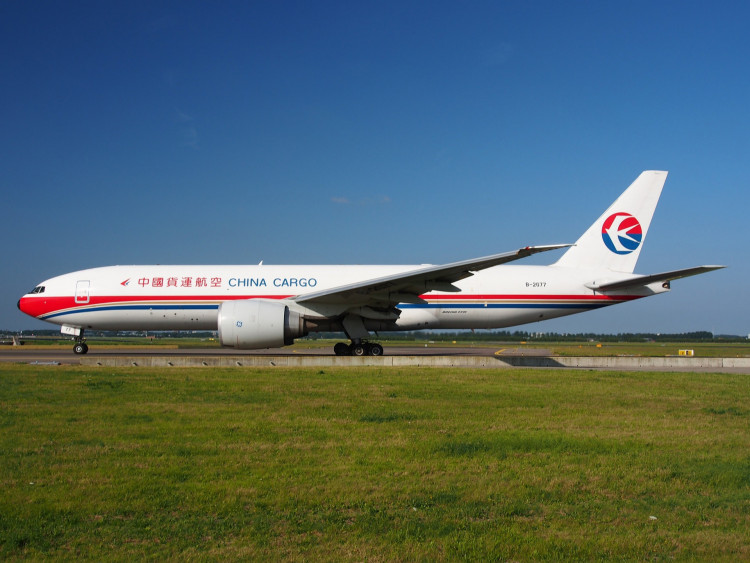China is continuously demonstrating impressive performance that indicates its aviation sector is on its way to become the biggest in the world. The country delivers $1 billion of Boeing's earnings, leads the Asia Pacific region in projected demand for airline crew, and opens private investments amounting to $16 billion.
China has brought in about $1.5 billion in program profits and $1 billion to Boeing's earnings. This comprised for 19 percent of the airlines' profits from commercial flights and an impressive 12.7 percent of Boeing's overall earnings.
In an analysis of a 5-year worth of airline data, analysts with Seeking Alpha found that profit streaming from Beijing contributed significantly to Boeing's gains. For one, the airline's deliveries to China have increased from 90 units to 140 units within the last five years. The airlines must have, in fact, increased its deliveries to accommodate the growing demand from Beijing, the data suggested.
In 2017, one single customer from China accounted for the 26 percent of the Boeing 737 deliveries. Over the past five years, China has accounted for 22 percent of 737 and 10 percent of overall 737 and 777 deliveries respectively.
More so last year, Boeing posted gains of $93.4 billion of which $56.7 billion was generated by Boeing's Commercial Airplane department. China brought in about 16 percent of the airline's commercial segment and a little over 10 percent of the company's overall revenues.
Analysts who have come up with the data analysis highlighted that in the 20 years to come, China will account for 20 percent of Boeing's demand which is touted as the largest manufacturer of commercial airplanes worldwide. Indeed, Boeing's supply chain was designed to accommodate movements in China, the analysts noted.
Most importantly perhaps, the data indicates the mutual market importance between Beijing and Boeing, particularly during this time that the US-China trade war is not showing any signs of stopping. For one, if trade tensions will halt Boeing sales to China, that would mean a 12.7 percent decrease to the airline's profit.
China, on the other hand, needs big manufacturers to fill the gap if ever Boeing is going to leave its market. This would be unfortunate as Boeing is integral to Beijing's ambition of positioning itself as the world's largest aviation market.
Meanwhile, Boeing is seeing that the Asia Pacific region will have the biggest demand for pilots, technicians, and cabin crew for the next 20 years. In an outlook released on Aug. 27, Boeing said the Asia Pacific region will make up 33 percent of the world's demand for pilots, 34 percent of the world's need for technicians, and 36 percent for the world's requirement for cabin crew.
Of these, China leads the biggest projected demand for airline crew for the next 20 years. The country is estimated to be needing 128,500 pilots; 126,750 airline technicians; and 147,250 cabin crew.
Last week, Reuters noted that Beijing is projected to outshine the United States from its position as the largest aviation market by 2022, citing forecast from the International Air Transport Association. Certainly, in the same week, Beijing announced that it is welcoming private investments in its 28 airports, including drone and maintenance projects amounting to $16 billion in a bid to make its aviation sector competitive worldwide.





